How to Optimize Your Vehicle's Performance with Quality Motor Parts based on Industry Standards
In today's automotive landscape, optimizing your vehicle's performance is crucial not just for efficiency but also for safety and longevity. Quality motor parts play an essential role in achieving this, as industry reports indicate that nearly 30% of vehicle performance issues arise from substandard components. According to the Automotive Industry Association, vehicles equipped with high-quality motor parts can experience up to a 15% improvement in fuel efficiency and a significant reduction in maintenance costs over time.
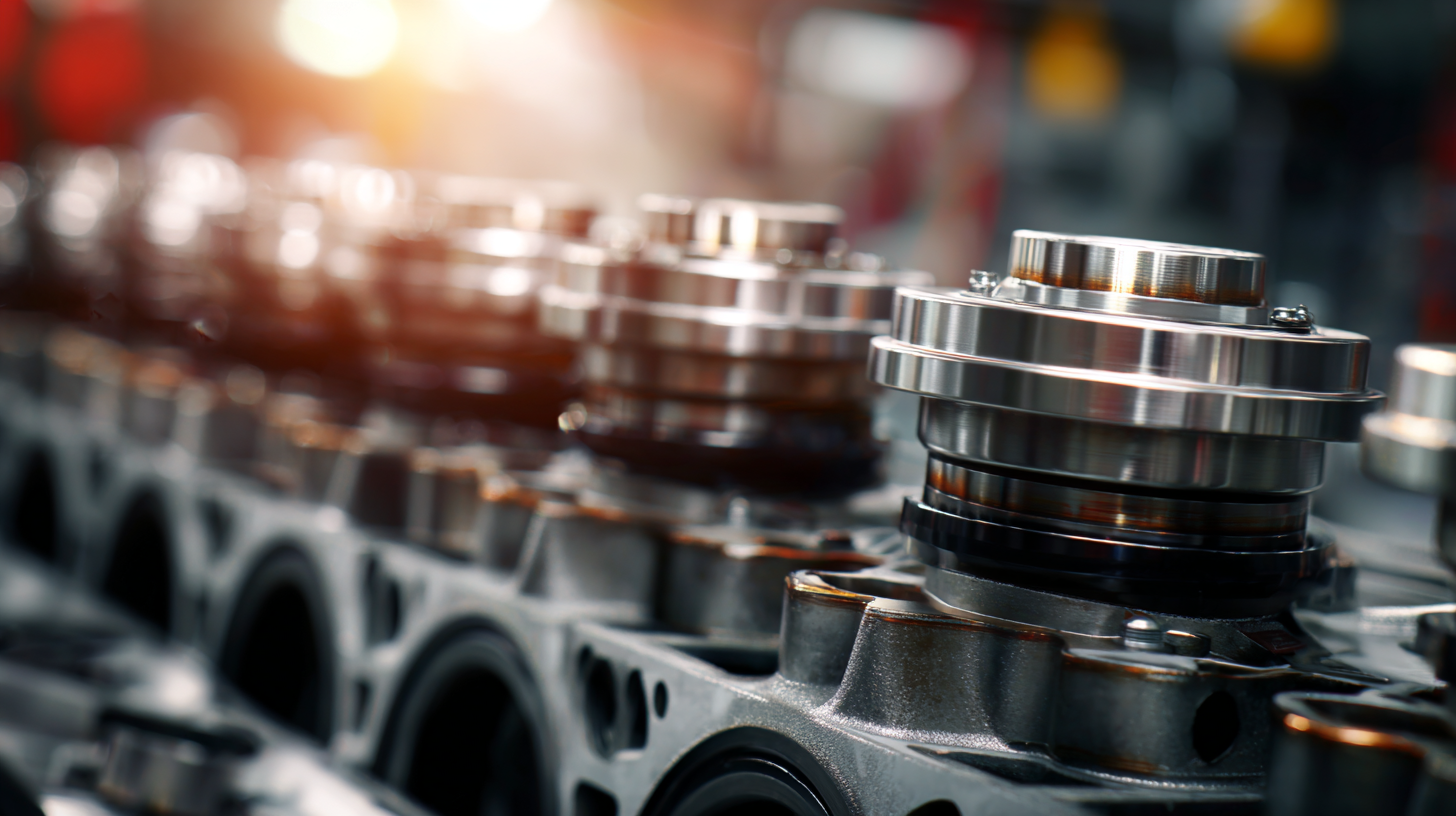
With advancements in technology and manufacturing standards, sourcing the right components is more important than ever. This guide will provide insights on how to choose motor parts that meet industry standards, ensuring your vehicle operates at peak performance while reducing the risk of failures and enhancing overall drivability.
Choosing the Right Quality Motor Parts for Your Vehicle
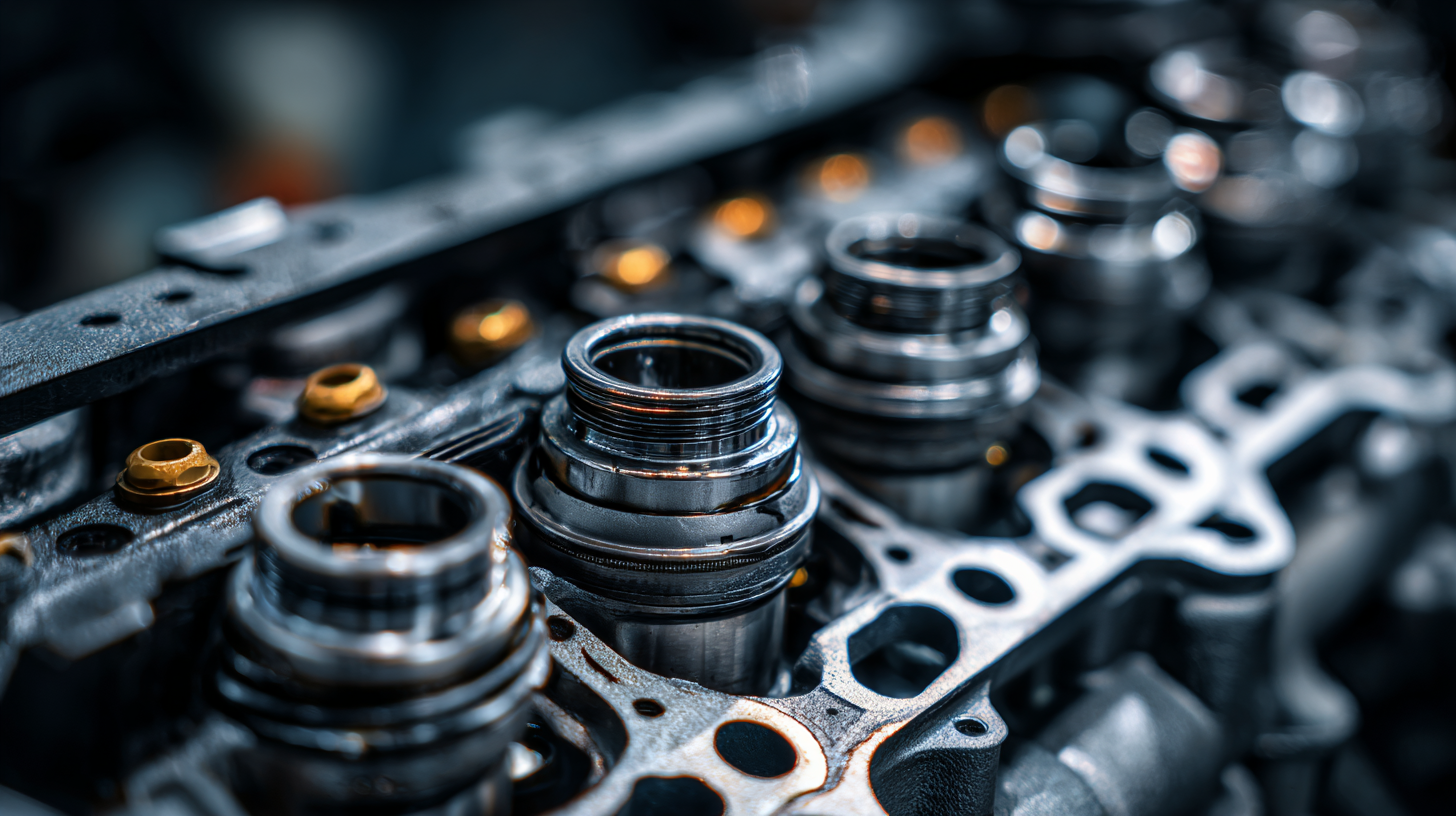 Choosing the right quality motor parts for your vehicle is essential for optimizing performance and ensuring longevity. According to the Federal Trade Commission (FTC), approximately 80% of vehicle problems are attributed to worn-out parts, which underscores the importance of reliable replacements. When selecting components, consider parts that meet or exceed industry standards, such as those established by the Society of Automotive Engineers (SAE). Parts that comply with SAE standards are rigorously tested for durability and performance, significantly reducing the risk of failure and enhancing overall vehicle efficiency.
Choosing the right quality motor parts for your vehicle is essential for optimizing performance and ensuring longevity. According to the Federal Trade Commission (FTC), approximately 80% of vehicle problems are attributed to worn-out parts, which underscores the importance of reliable replacements. When selecting components, consider parts that meet or exceed industry standards, such as those established by the Society of Automotive Engineers (SAE). Parts that comply with SAE standards are rigorously tested for durability and performance, significantly reducing the risk of failure and enhancing overall vehicle efficiency.
Furthermore, a study by the Automotive Aftermarket Industry Association (AAIA) reveals that using high-quality aftermarket parts can improve fuel economy by as much as 10%. Quality parts not only help maintain optimal engine performance but also contribute to better vehicle safety. When shopping for motor parts, always verify certifications and specifications to ensure compatibility and reliability. Understanding the provenance and testing standards of parts can prevent premature wear and costly repairs, ultimately leading to a more trustworthy and efficient driving experience.
Understanding Industry Standards for High-Performance Components
Understanding industry standards for high-performance components is crucial for anyone looking to optimize their vehicle's performance. These standards serve as benchmarks that ensure the quality and reliability of motor parts, which directly impacts overall vehicle functionality. For instance, organizations like the Society of Automotive Engineers (SAE) establish specifications that parts must meet to be deemed suitable for high-performance applications. Adhering to these standards guarantees that components can withstand the stresses of rigorous driving conditions, enhancing both safety and efficiency.
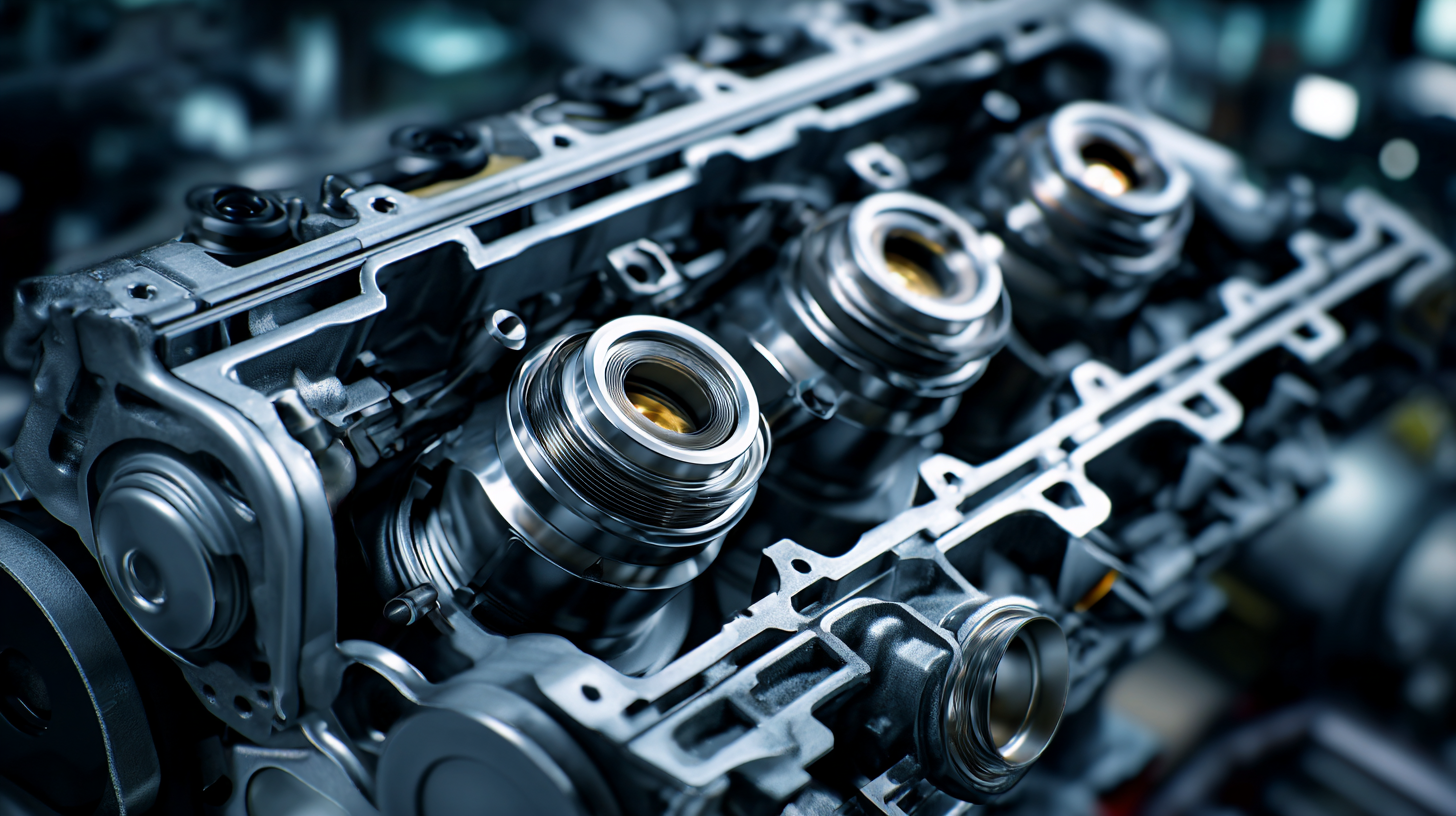
Moreover, being aware of these industry standards allows vehicle owners and enthusiasts to make informed choices when selecting parts. Quality components that meet recognized standards not only improve performance but also contribute to vehicle longevity. Using subpar parts may save money initially but can lead to costly repairs and safety issues in the long run. Therefore, investing in high-performance components that comply with industry standards is vital for achieving optimal vehicle performance while ensuring a smoother and safer driving experience.
Essential Maintenance Tips to Enhance Vehicle Performance
To enhance your vehicle's performance, regular maintenance is crucial. One essential tip is to consistently check and replace your motor oil according to the manufacturer’s recommendations. Fresh oil keeps the engine components lubricated and reduces friction, which can lead to improved fuel efficiency and overall performance. Additionally, ensure that you replace oil filters during oil changes to prevent debris from circulating in the engine, which can hinder performance.
Another vital aspect of vehicle maintenance is monitoring tire health. Properly inflated tires not only improve fuel economy but also enhance handling and braking performance. Regularly inspect tread depth and replace tires when necessary to ensure optimal traction and stability on the road. Furthermore, don't overlook the importance of brake maintenance. Worn-out brake pads should be replaced promptly to maintain braking efficiency and ensure safety. By following these essential maintenance tips, you can significantly enhance your vehicle's performance and ensure it runs smoothly for years to come.
The Impact of Quality Parts on Fuel Efficiency and Emissions
When optimizing your vehicle’s performance, the quality of motor parts plays a crucial role, especially regarding fuel efficiency and emissions. High-quality components, such as engine and transmission parts, can significantly enhance a vehicle's operational efficiency, ultimately leading to lower fuel consumption. For instance, the heavy truck parts market is projected to grow, as industries recognize the value of integrating advanced parts that adhere to strict quality standards. This transition not only boosts performance but also aligns with the growing demand for sustainability within the automotive sector.
Tips: Ensure that all components are sourced from reputable manufacturers who comply with industry standards. This will help maintain optimal vehicle performance and minimize emissions. Additionally, consider investing in lighter materials like aluminum, which can reduce vehicle weight and improve fuel economy—a critical factor as the automotive industry moves towards carbon neutrality.
As the market for polyethylene elastomers (POE) is expected to reach $3.32 billion by 2033, the push for lightweight materials and quality parts becomes increasingly evident. Transitioning to superior motor parts can not only meet the “carbon neutral” goal but also contribute significantly to reducing harmful emissions from vehicles. Whether through improved engineering or smart material selection, prioritizing high-quality components has a tangible impact on both performance and environmental responsibility.
Upgrading vs. Replacing: Making Smart Choices for Your Vehicle
When considering vehicle performance enhancement, the choice between
upgrading or replacing certain parts is crucial.
Upgrading existing motor parts can improve efficiency
and extend the lifespan of a vehicle, especially when it comes to high-quality
aftermarket components.
According to industry reports, the right upgrades can lead to a 10-15%
increase in fuel efficiency, translating into significant savings over time.
Furthermore, as electric vehicles become more prevalent, replacing traditional parts
with specialized electric motor components can ensure that vehicles remain compatible
with evolving technology, leading to better overall performance.
In the context of smart choices, it's essential for vehicle owners to evaluate not
only the parts they choose but also their purchasing power.
High-quality parts that meet industry standards are not just an investment in
immediate performance but contribute to long-term sustainability. As seen with the
rise of smart technology in various sectors, including energy utilities, making
informed decisions can significantly reduce waste and optimize resource use. By
selecting parts that adhere to latest industry advancements, vehicle owners can
minimize their environmental impact while maximizing performance, similar to how
other industries are striving towards sustainability through smarter choices.
Related Posts
-
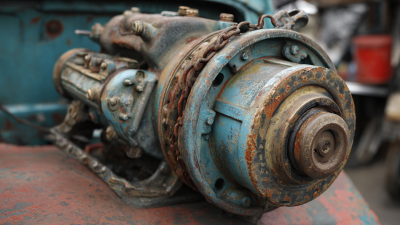
Unwavering Quality in the Best Motor Parts from Trusted Chinese Manufacturers
-
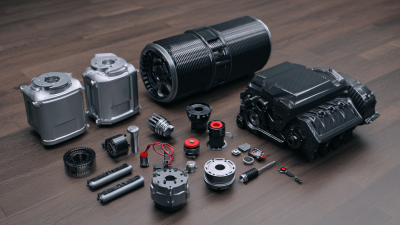
A Comprehensive Guide to Selecting the Best Motor Parts Based on Application and Features
-

Quality Triumphs in Global Markets Unveiling Best Auto Spare Products from China
-
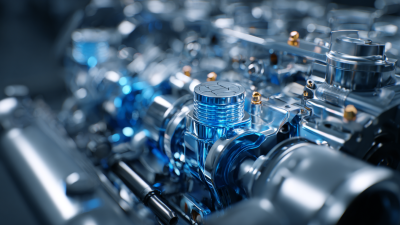
Innovations in Engine Components Shaping the Future of Automotive Technology in 2025
-

Top Strategies for Sourcing Quality Automotive Spares Efficiently
-
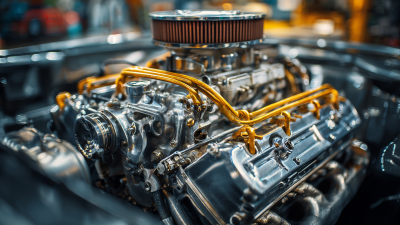
The Ultimate Guide to Choosing the Right Standard Engine Parts for Your Vehicle